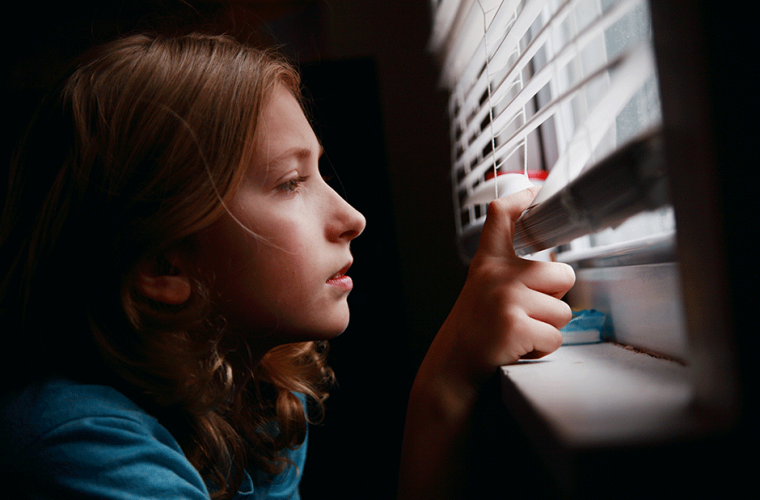The new Government is being urged to work more closely with councils to tackle the crisis of unaccompanied children being placed in hotels.

The new Government is being urged to work more closely with councils to tackle the crisis of unaccompanied children being placed in hotels, with latest figures showing 14 children were accommodated in hotels on their arrival every day during the summer.
As council leaders meet at the National Children and Adult Services Conference in Manchester this week, the Local Government Association is calling on the Government to help councils to develop more placements for unaccompanied children so that children can be moved directly to their long-term homes.
This should be delivered alongside full funding in the Autumn Statement of council costs to support children and a plan to tackle social worker workforce shortages.
Councils have significant concerns over unaccompanied children being accommodated in hotels by the Home Office – often without informing the council ahead of time - and are doing all they can to find suitable placements for these children.
Councils made 597 placements in the last six months for which is data is available, compared to 136 in the same period the previous year. This follows the National Transfer Scheme, which moves children from where they are first identified to care placements around the country, becoming mandatory for councils.
Despite these efforts, during July and September 2022, 1,322 children have been housed by the Home Office in hotels with the average length of time spent in a hotel 16 days. As of 19 October, 222 young people who have been accommodated in hotels were missing.
The LGA has long-warned of the increasing challenge of finding appropriate homes for all children in care. The Competition and Markets Authority earlier this year supported councils’ concerns, describing the system of providing homes for children “dysfunctional” and calling on the Government to provide more support to improve the availability of good homes.
This wider challenge is inevitably impacting on the ability of councils to support unaccompanied children.
To ensure that unaccompanied asylum-seeking children can quickly be placed in their long-term homes, the LGA has set out a four-point plan for how government should improve the current system:-
- The Government should establish a pathfinder foster carer recruitment campaign specifically for unaccompanied minors
- It should call on those who came forward for the Homes for Ukraine scheme to consider providing supported lodgings for older children.
- Councils should – as a last resort to avoid hotel use - also be supported to establish reception and safe care services while new placements are being developed and arrival numbers remain high, to ensure that children live in child-centred, supportive accommodation as their long-term homes are identified.
- Work to improve placement sufficiency for all children in care should be swiftly progressed, including a review of the regulations governing provision to ensure that these are fit for purpose.
Cllr Louise Gittins, Chair of the LGA’s Children and Young People Board, said:
“Councils don’t want to see any child placed in a hotel by government, which is completely unsuitable for unaccompanied children. It is deeply concerning and unacceptable that these hotels, which were introduced as a short-term emergency measure, remain in use, especially as the number of children going missing from them continues to grow.
“Despite best efforts, recent changes to the National Transfer Scheme have failed to address the challenges that are preventing councils from placing every child as soon as they arrive. These include a lack of placements, an underfunded system, significant workforce shortages and challenges with age assessment.
“We urgently need a plan to tackle this crisis and to ensure children can move quickly to their permanent placements. This would mean children get swift access to the care and support they need, after arriving in the UK following an extremely traumatic journey.
“The forthcoming Autumn Statement is the ideal opportunity for the Home Office to demonstrate commitment to making the scheme work and ending the use of hotels by fully funding councils to support unaccompanied children, including when they become care leavers.”
